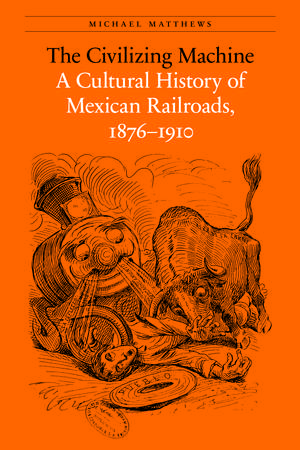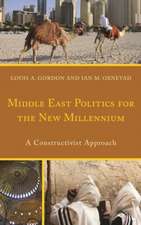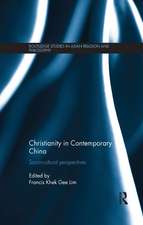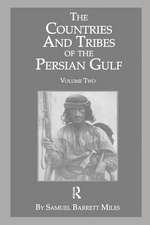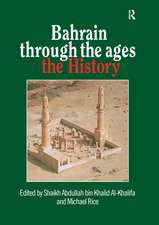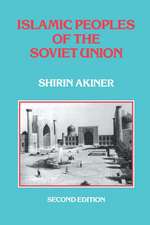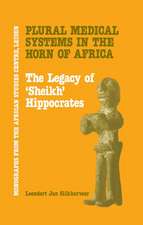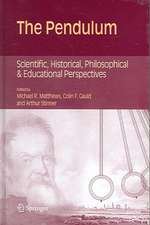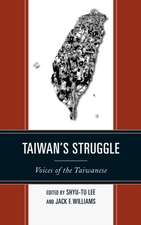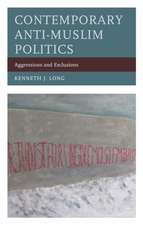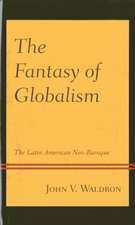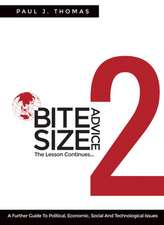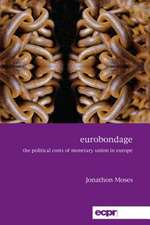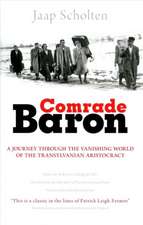The Civilizing Machine: A Cultural History of Mexican Railroads, 1876-1910: The Mexican Experience
Autor Michael Matthewsen Limba Engleză Paperback – 31 dec 2013
In The Civilizing Machine Michael Matthews explores the ideological and cultural milieu that shaped the Mexican people’s understanding of technology. Intrinsically tied to the Porfiriato, the thirty-five-year dictatorship of Gen. Porfirio Díaz, the booming railroad network represented material progress in a country seeking its place in the modern world. Matthews discloses how the railroad’s development represented the crowning achievement of the regime and the material incarnation of its mantra, “order and progress.” The Porfirian administration evoked the railroad in legitimizing and justifying its own reign, while political opponents employed the same rhetorical themes embodied by the railroads to challenge the manner in which that regime achieved economic development and modernization. As Matthews illustrates, the multiple symbols of the locomotive reflected deepening social divisions and foreshadowed the conflicts that eventually brought about the Mexican Revolution.
Din seria The Mexican Experience
-
 Preț: 202.34 lei
Preț: 202.34 lei -
 Preț: 282.57 lei
Preț: 282.57 lei -
 Preț: 307.01 lei
Preț: 307.01 lei -
 Preț: 185.84 lei
Preț: 185.84 lei -
 Preț: 288.19 lei
Preț: 288.19 lei -
 Preț: 257.64 lei
Preț: 257.64 lei -
 Preț: 215.61 lei
Preț: 215.61 lei -
 Preț: 217.70 lei
Preț: 217.70 lei -
 Preț: 432.39 lei
Preț: 432.39 lei -
 Preț: 222.92 lei
Preț: 222.92 lei -
 Preț: 255.52 lei
Preț: 255.52 lei -
 Preț: 362.33 lei
Preț: 362.33 lei -
 Preț: 217.70 lei
Preț: 217.70 lei -
 Preț: 211.92 lei
Preț: 211.92 lei -
 Preț: 260.15 lei
Preț: 260.15 lei -
 Preț: 290.14 lei
Preț: 290.14 lei -
 Preț: 253.79 lei
Preț: 253.79 lei -
 Preț: 217.52 lei
Preț: 217.52 lei -
 Preț: 145.50 lei
Preț: 145.50 lei -
 Preț: 256.28 lei
Preț: 256.28 lei -
 Preț: 257.25 lei
Preț: 257.25 lei -
 Preț: 219.43 lei
Preț: 219.43 lei -
 Preț: 214.03 lei
Preț: 214.03 lei -
 Preț: 325.44 lei
Preț: 325.44 lei -
 Preț: 288.19 lei
Preț: 288.19 lei -
 Preț: 363.86 lei
Preț: 363.86 lei -
 Preț: 290.14 lei
Preț: 290.14 lei -
 Preț: 326.25 lei
Preț: 326.25 lei -
 Preț: 257.09 lei
Preț: 257.09 lei -
 Preț: 305.50 lei
Preț: 305.50 lei -
 Preț: 217.52 lei
Preț: 217.52 lei -
 Preț: 142.44 lei
Preț: 142.44 lei -
 Preț: 216.55 lei
Preț: 216.55 lei
Preț: 291.08 lei
Nou
Puncte Express: 437
Preț estimativ în valută:
55.70€ • 60.49$ • 46.79£
55.70€ • 60.49$ • 46.79£
Carte tipărită la comandă
Livrare economică 23 aprilie-07 mai
Preluare comenzi: 021 569.72.76
Specificații
ISBN-13: 9780803243804
ISBN-10: 0803243804
Pagini: 340
Ilustrații: 25 illustrations. 2 tables
Dimensiuni: 152 x 229 x 23 mm
Greutate: 0.48 kg
Editura: Nebraska Paperback
Colecția University of Nebraska Press
Seria The Mexican Experience
Locul publicării:United States
ISBN-10: 0803243804
Pagini: 340
Ilustrații: 25 illustrations. 2 tables
Dimensiuni: 152 x 229 x 23 mm
Greutate: 0.48 kg
Editura: Nebraska Paperback
Colecția University of Nebraska Press
Seria The Mexican Experience
Locul publicării:United States
Notă biografică
Michael Matthews is an assistant professor of history at Elon University.
Cuprins
Introduction
Chapter 1. The Discourse of Development: The Railway Debate of the Early Porfiriato
Chapter 2. De Viaje: Elite Views of Modernity and the Railway Boom
Chapter 3. Festivals of Progress: The Railway Ceremony
Chapter 4. The Price of Progress: Popular Perceptions of the Railway Accident
Chapter 5. La Loco-Matona: The Railway in the Popular and Opposition Press
Conclusion
Chapter 1. The Discourse of Development: The Railway Debate of the Early Porfiriato
Chapter 2. De Viaje: Elite Views of Modernity and the Railway Boom
Chapter 3. Festivals of Progress: The Railway Ceremony
Chapter 4. The Price of Progress: Popular Perceptions of the Railway Accident
Chapter 5. La Loco-Matona: The Railway in the Popular and Opposition Press
Conclusion
Recenzii
"This is an original and valuable study that deepens our understanding of Porfirian modernity."—Robert F. Alegre, American Historical Review
"Matthews's work makes a solid contribution to the growing literature on the Porfiriato."—William Schell, Jr., Americas
"Matthews supplies overwhelming evidence to show how the railroad engine became a cultural lightning rod. It is difficult to think of a contemporary corollary with such cultural significance, which only underscores the value of this book to understanding the late nineteenth century in Mexico."—Andrew Offenburger, Western Historical Quarterly
"This is a fine contribution to the scholarship of nineteenth century Mexico. Very well researched and extremely engaging, the book analyses the significance of railways in the consciousness and outputs of different social groups in Mexico during the three and a half decades of the Porfiriato."—Samantha McDermott, Journal of Transport History
"Matthews's insistence on the value of the visual as well as the written and his fluency with many media make for an enjoyable and accessible read."—Casey Lurtz, Hispanic American Historical Review
“The first cultural study of railroads in Mexico. Matthews’s study is timely . . . with lively accounts and interesting analysis.”—James A. Garza, associate professor of history and ethnic studies, University of Nebraska-Lincoln
